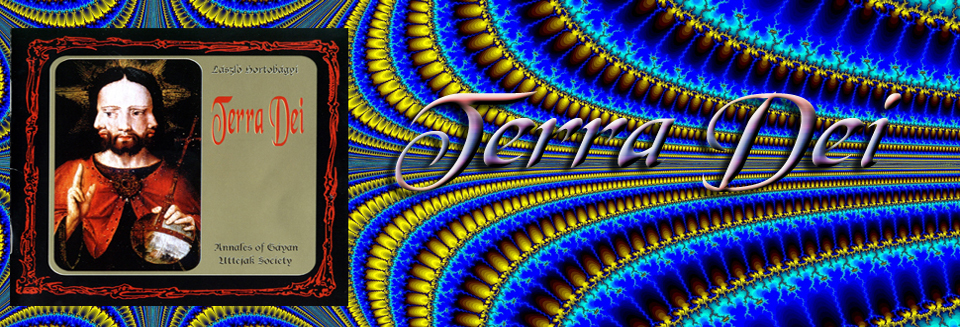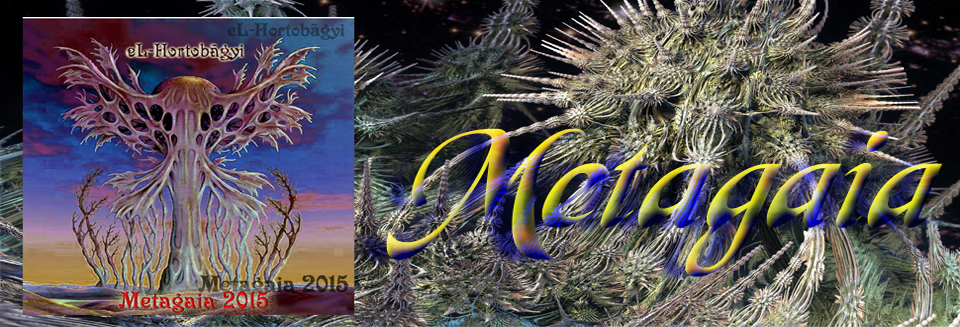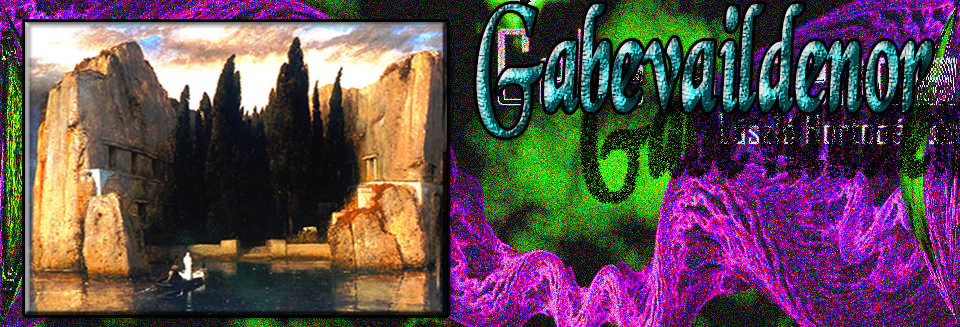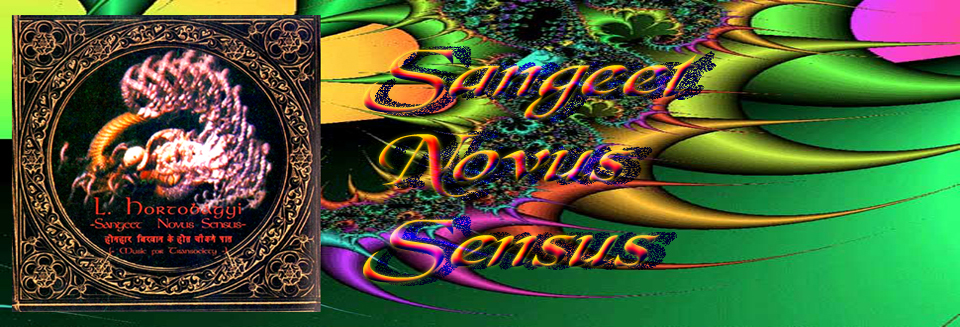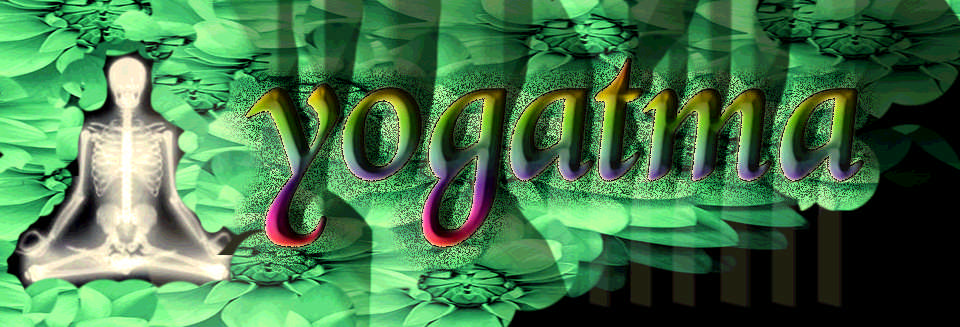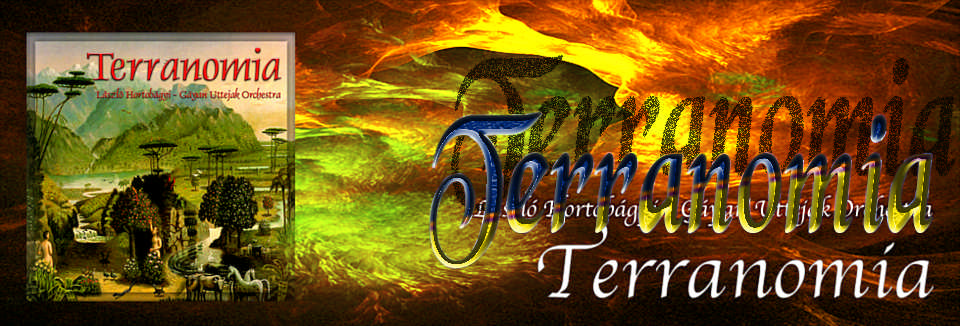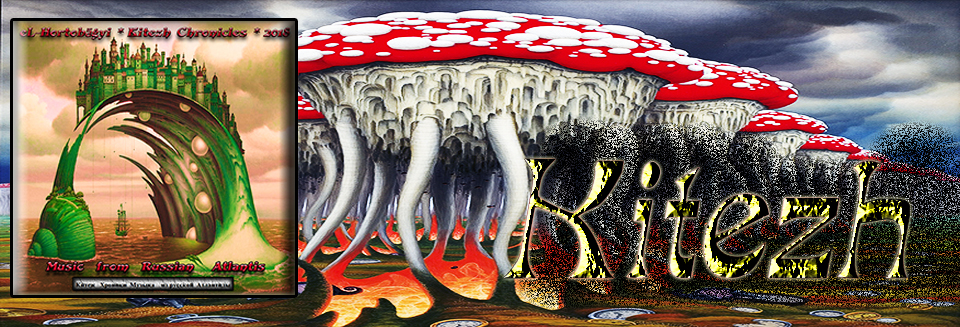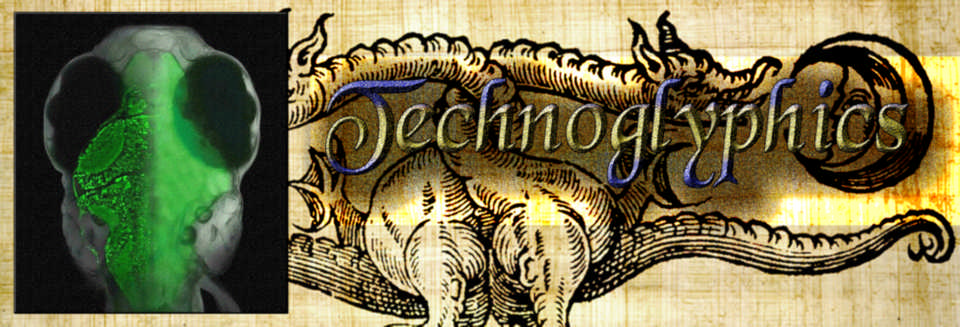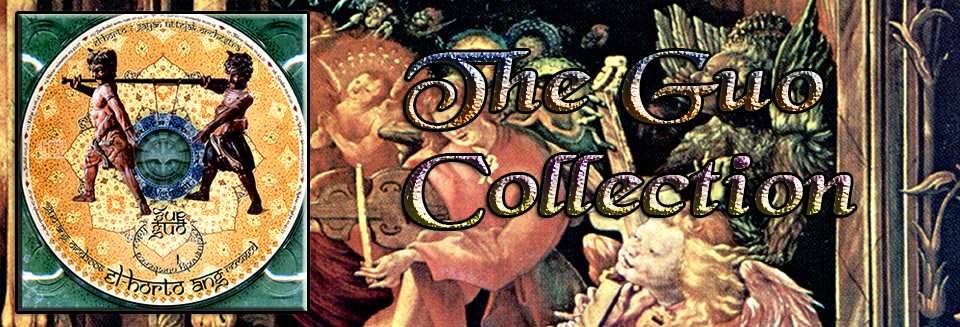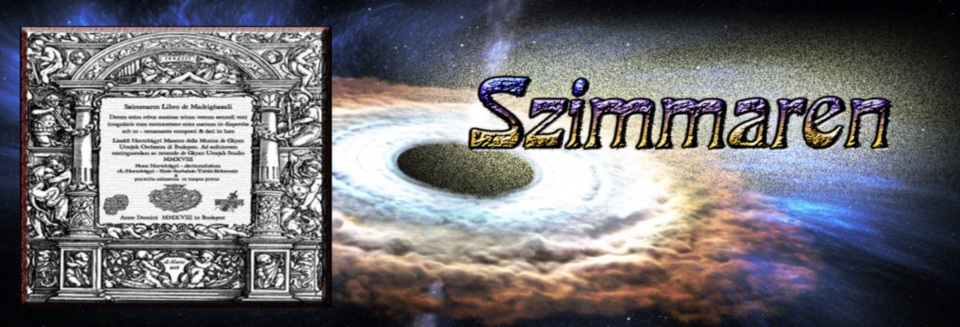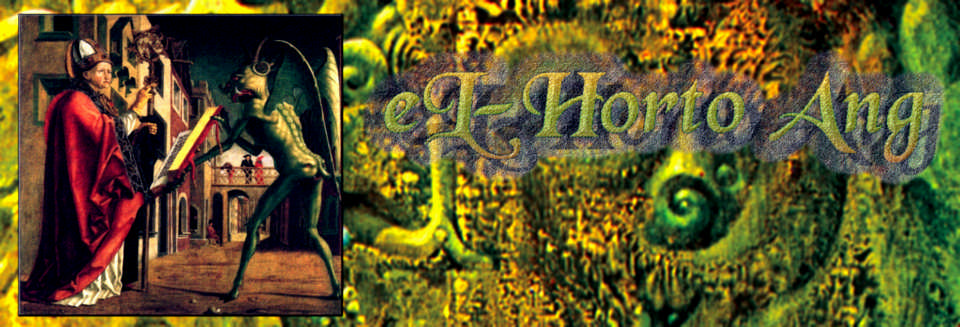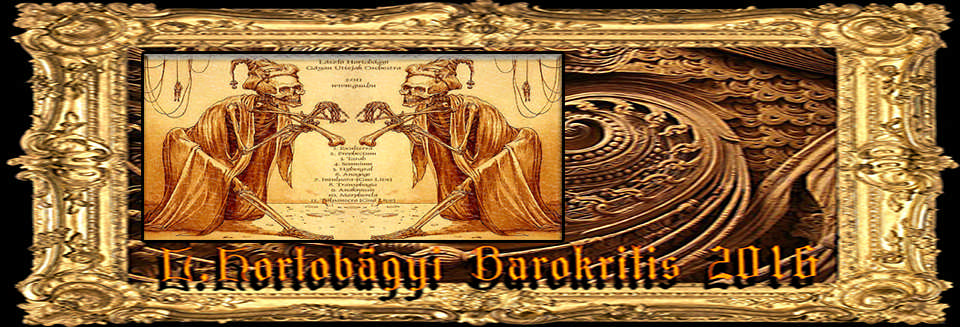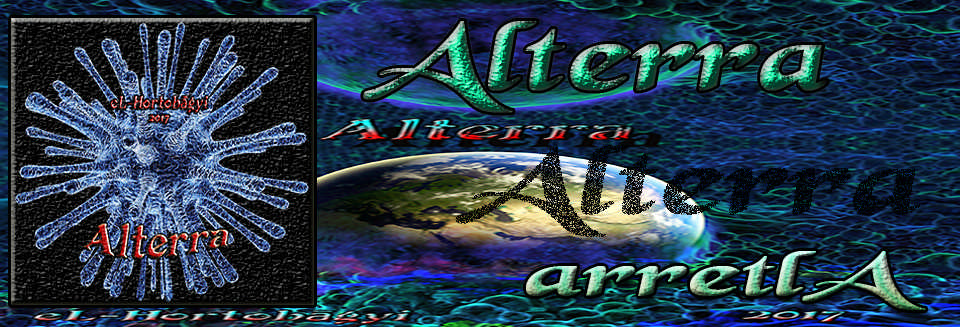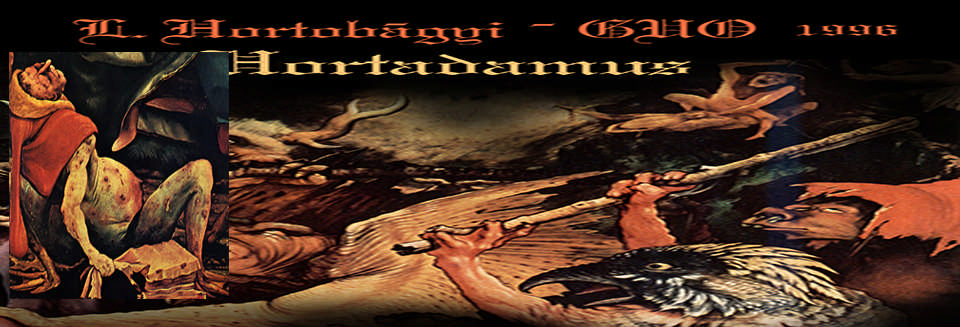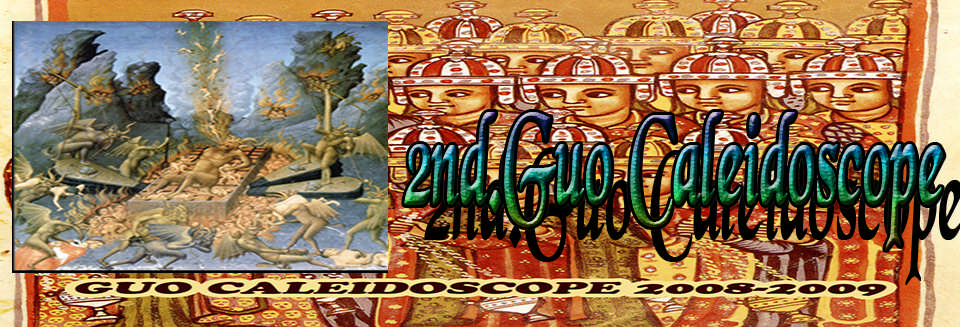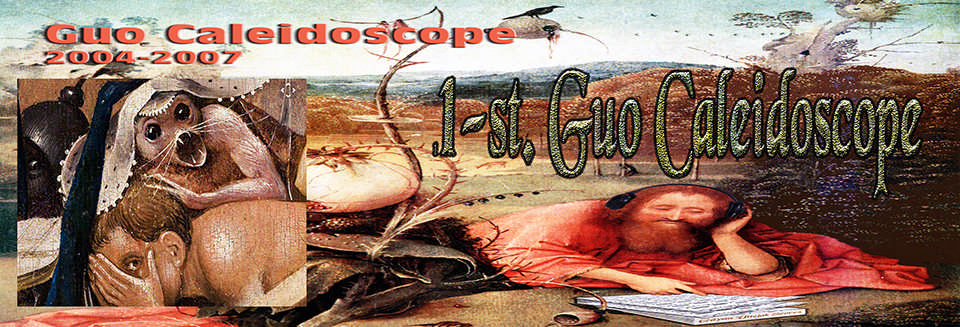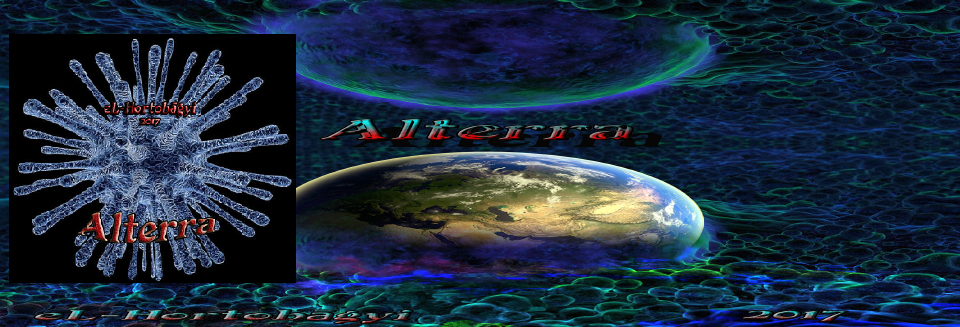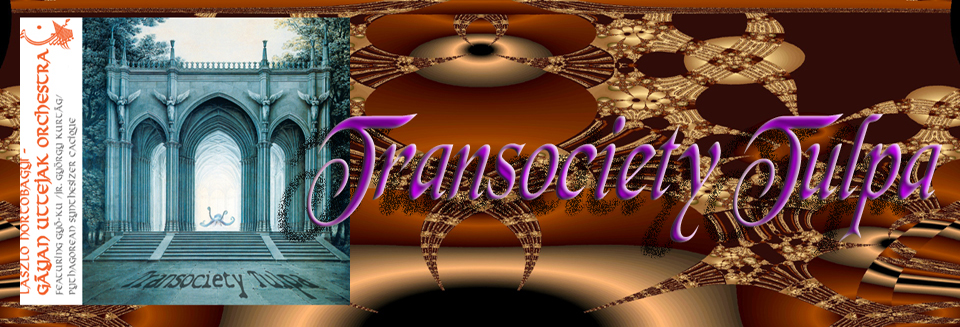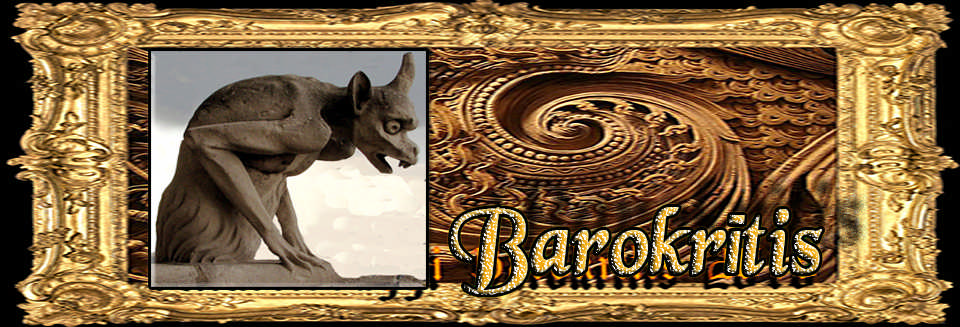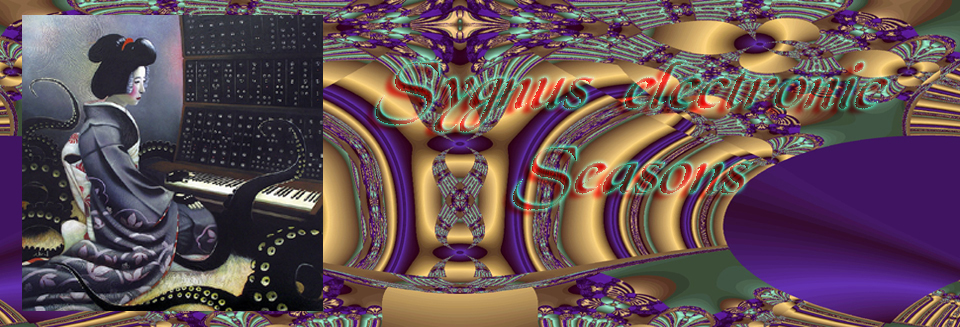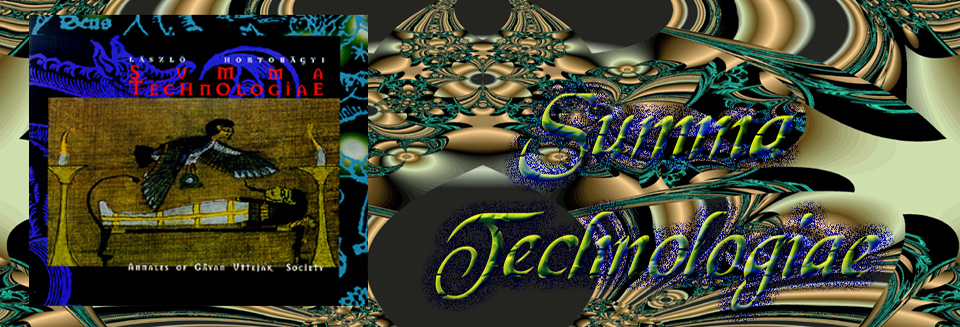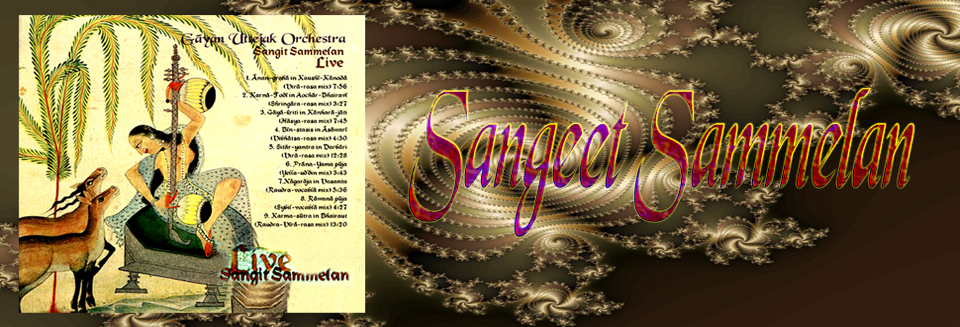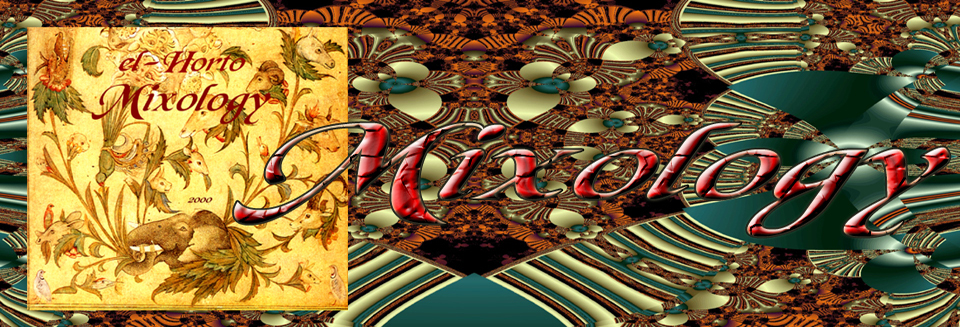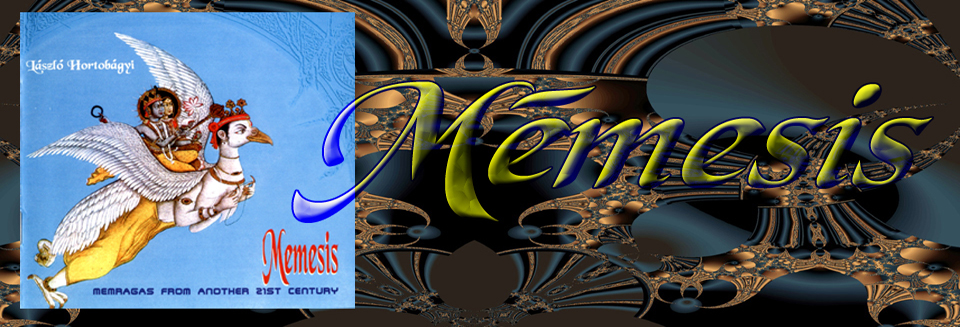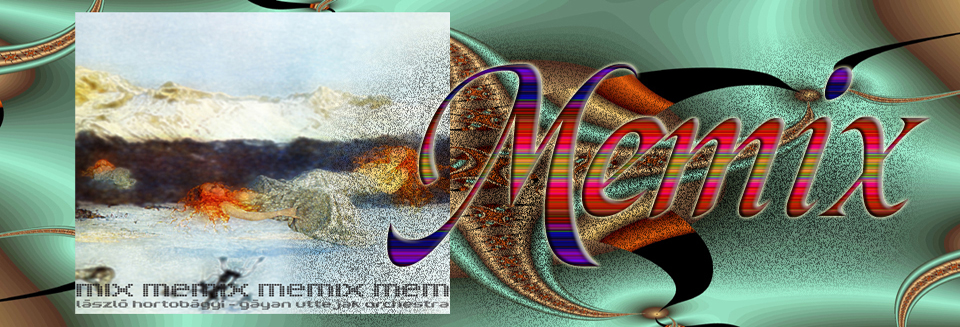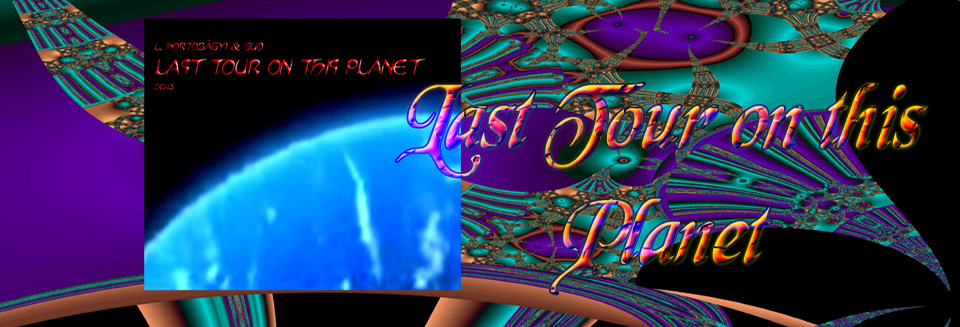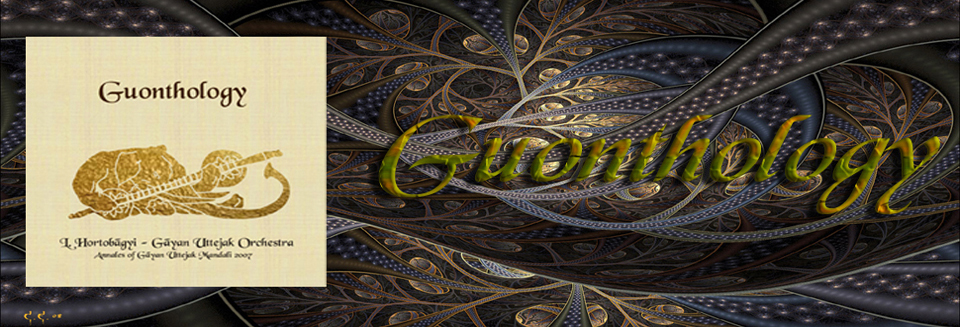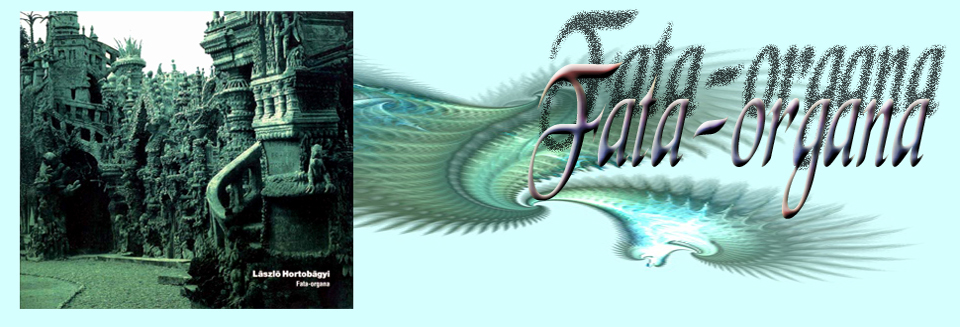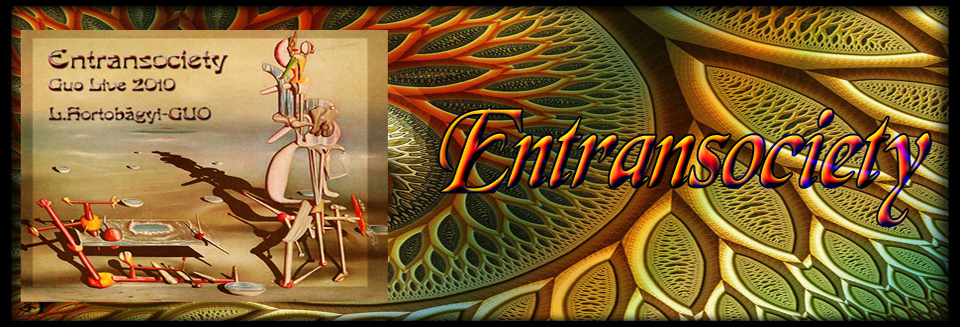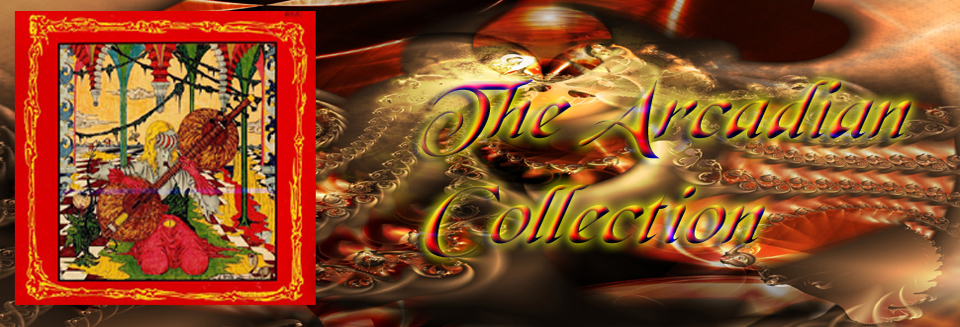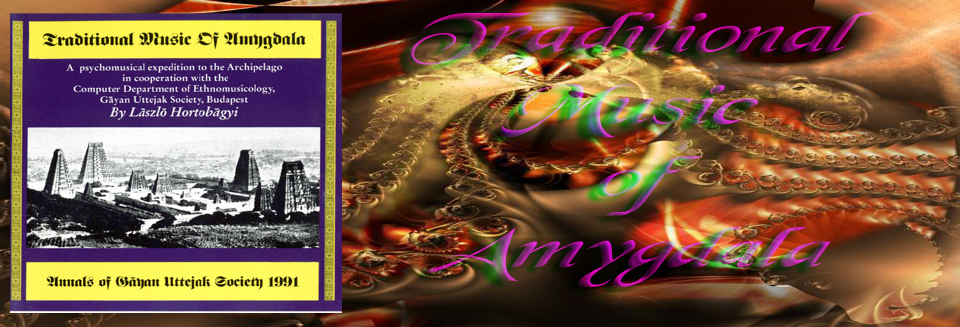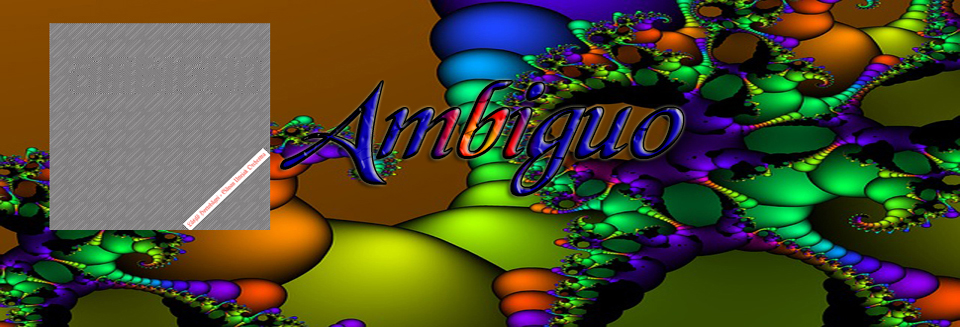Aurelius Augustinus Hippo (354-430):
Confessiones – Vallomások. XI.12.14.
Ecce respondeo dicenti:
“Quid faciebat deus, antequam faceret caelum et terram?” ( respondeo non illud , quod quidam respondisse perhibetur ioculanter eludens ) quaestionis violentiam: “alta inquit”, “scrutantibus gehennas parabat”.
Mit cselekedett Isten mielött alkotta az eget és a földet?
A kérdezőnek ime válaszolok: – poklot csinált a mélységes titkait vájkáló embereknek.
*
Az elmúlt évszázad végén egy számítógépes csoport formai szempontból elemezte valamennyi hozzáférhető, a vallások által elismert misztikus írást,
„A misztika mint kommunikációs csatorna”
nevű projekt keretében.
A kutatás kiindulópontja az az egyházak által kinyilatkoztatott hittétel volt, hogy a misztikusok képesek rá, hogy bizonyos különleges helyzetekben kapcsolatba lépjenek Isten-nel.
Azokat a szövegeket, amelyek ilyen belső tapasztalatokat jegyeztek fel, információtartalmuk szempontjából vizsgálták meg.
Az elemzés nem érintette Isten transzcendens mivoltának vagy immanens jellemzésének (személyiségének) kérdéseit, ugyanis egyáltalán nem foglalkozott a misztikus írások értelmével, vagyis szemantikai tartalmával. Következésképpen nem kérdőjelezhette meg a misztikus kapcsolatokról szóló beszámolók tartalmi részét, hiszen a misztikusok által közvetített információkból kizárólag mennyiségi vonatkozásokat vett számításba. Ily módon matematikai pontossággal megadható az információ mennyiségi haszna, tartalmának teljes mellőzésével.
A projekt abból az információelméleti bizonyosságból indult ki, hogy egy reális forrással való kapcsolatteremtés, azaz egy kommunikációs csatorna létrehozása együtt kell hogy járjon a befogadó oldalán az információ mennyiségének növekedésével.
Isten különböző meghatározásaiból ered a végtelenségéről szóló dogma, ami az információ szempontjából végtelen sokféleséget jelent. (Ezt formálisan könnyű bizonyítani – az Isten-nek tulajdonított mindentudás analitikusan implikálja e kontinuumként megjelenő sokféleséget.)
Az Isten-nel kapcsolatba kerülő ember, véges lévén, nem kerülhet végtelen számú információ birtokába, kimutatható kell hogy legyen azonban az információ bizonyos mértékű növekedése, aminek határait tudatának felfogóképessége szabja meg.
A projektből eredő következtetés a következőképpen hangzik:
“A misztikusok írásaiban levő információmennyiség pontosan megegyezik a sokféleséget kizárólag saját magukból generáló emberek megnyilatkozásaiban (írásaiban) meglevő információ mennyiségével.
A misztika és Isten kapcsolata, amire az egyházaknak szüksége van, nem olyan folyamatként nyilvánul meg, amelynek során az ember a nullánál nagyobb mennyiségű információra tesz szert.
Ez, vagy azt jelentheti, hogy az egyházak számára szükséges kommunikációs csatorna fikció, vagy azt, hogy ez a csatorna létezik ugyan, ám a Feladó tartós hallgatásba burkolózik. “
*
At the end of the last century, a computer group analyzed in terms of form all the accessible mystical writings accepted by religions, within the framework of a project called:
“Mysticism as a Communication Channel”.
The impetus for the Project was the realisation that every religious person has a Godhole in the depths of his soul, whose Hawking radiation slowly from the community siphons out the soul of its owner.
The starting point for the research was the belief, as revealed by the churches, that mystics are able to contact God in certain special situations.
Texts that recorded such internal experiences were examined for their information content.
The analysis did not touch on questions of God‘s transcendence or immanent characterization (personality), did not question the content of the accounts of mystical relationships, but took into account only objective quantitative aspects and the descriptions, of the information conveyed by mystics. In this way, the socially usable quantity of the analyzed information could be given with mathematical precision, precisely by completely ignoring its semantic content.
The project is based on the information-theoretic certainty that the creation of a link to a realistic source, i.e. a communication channel, must be accompanied by an increase in the amount of information on the part of the recipient.From different definitions of God comes the dogma of his infinity, which implies infinite diversity in terms of information. (This is easy to prove formally – the omniscience attributed to God analytically implies this diversity as a continuum.)
The biological being in contact with God cannot, because of the finite duration of his destiny, come into possession of an infinite amount of information, but there must be only a certain increase in information, the limits of which are determined by the perceptive capacity of his consciousness.
The summary of the conclusion resulting from the years-long project reads as follows:
” The amount of information contained in the writings of mystics is exactly the same as the amount of information that can be gleaned from the revelations of people who generate diversity solely from themselves.
The relationship between mysticism and God, which people and churches need, does not manifest itself as a process whereby one acquires more than zero information.
This can either mean that the communication channel needed by the churches is a fiction, or that this channel exists, but the Sender is shrouded in a persistent silence. “
*
